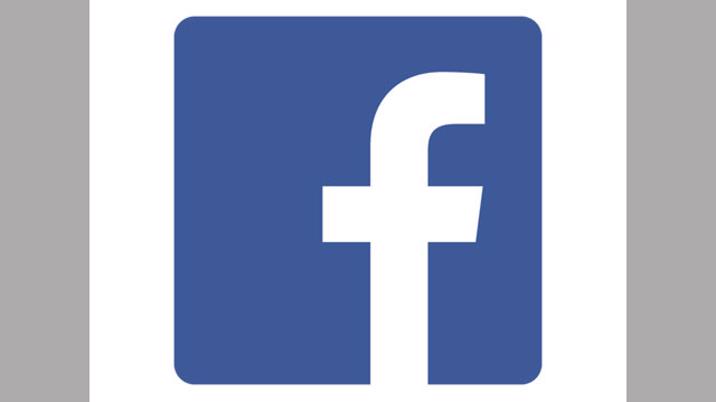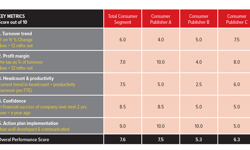
Facebook has been tinkering with its algorithms again, as is their right.
The changes to their News Feed algorithm will de-prioritise content shared by media and businesses in favour of that produced by friends and family. A secondary, and welcome, change is that news content from “trusted” news sources will be prioritised.
Two things underlie these changes; firstly, stung more than any other single media player by the fake news furore and mindful of the fact that the ‘Fakebook’ moniker was not good for business long term, the social media giant has decided that it no longer wants to be played the fool by the Russian government. Secondly, and notwithstanding the above, Facebook wants to maximise its profits, and is quite happy to do so at publishers’ expense.
There have been howls of outrage, especially from publishers in the six guinea pig countries in recent tests. As the Guardian reported in October, “the change has seen users’ engagement with Facebook pages drop precipitously, with publications reporting a 60% to 80% fall”.
Although it is understood that the changes now being rolled out will not be as drastic as those trialled in the autumn, they undoubtedly will reduce the number of Facebook referrals.
But the outrage, though understandable, is misplaced. Such is the scale and reach of Facebook that publishers have to engage with it, but they must go in with their eyes open. Publishers need to ensure that social-media-related revenues are one part of the mix, but never the dominant one. They also need to work on the assumption that Facebook will change its algorithms often and rarely to publishers’ advantage.
Ultimately, can your business survive if social media suddenly disappeared? If not, then best to act now. As they say, hope for the best; plan for the worst.










